




Have you ever felt like life just seems to be
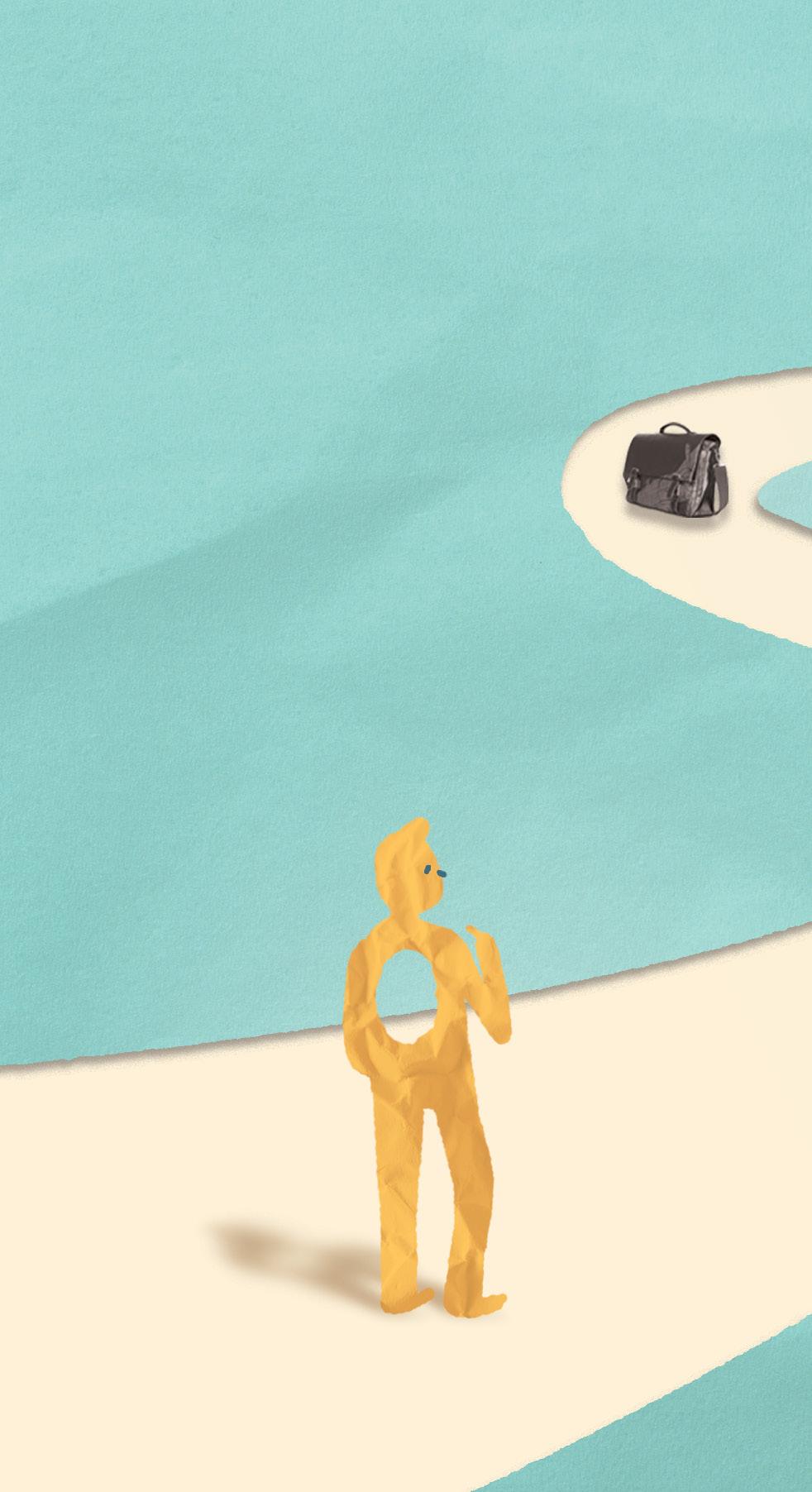

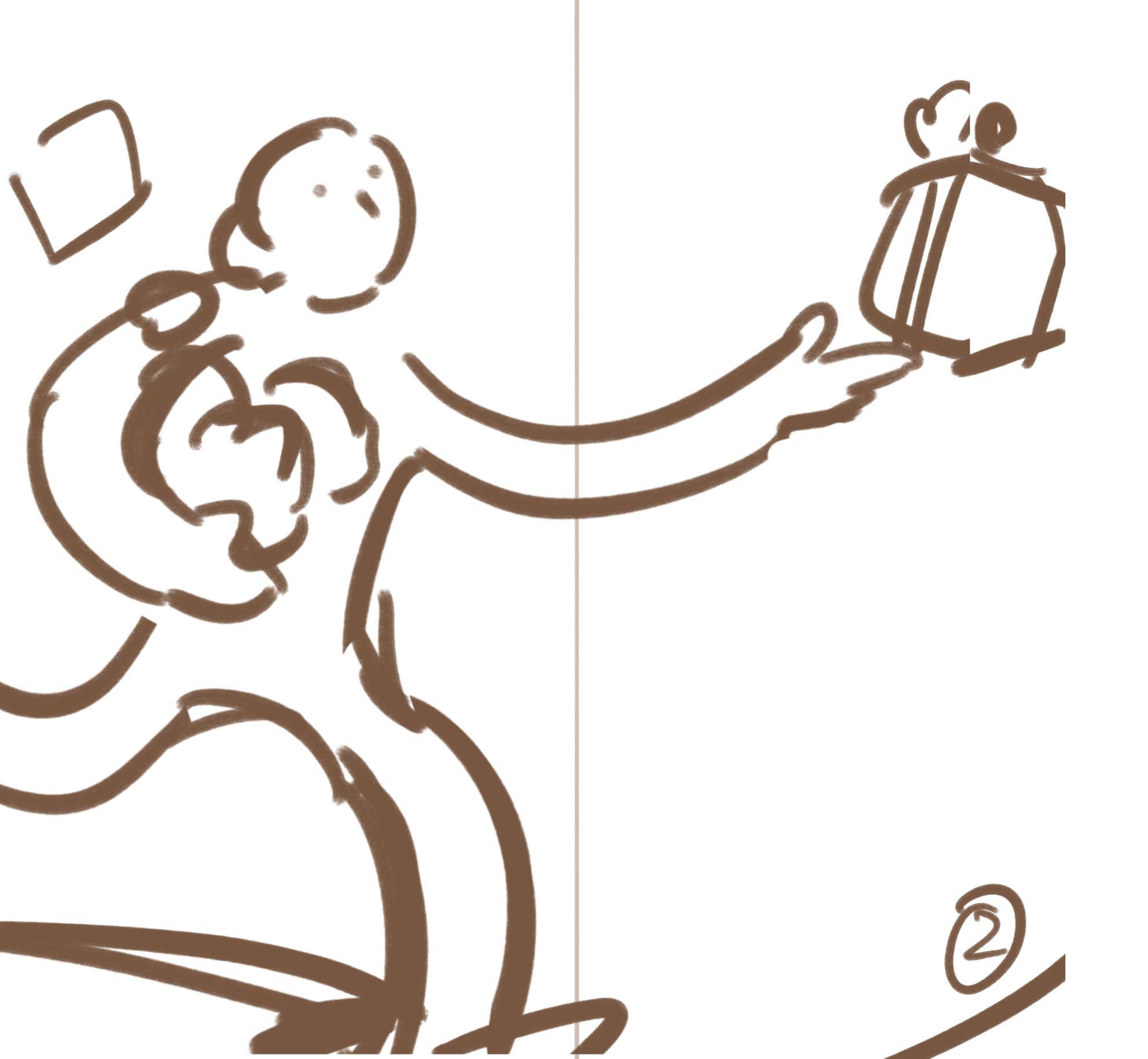
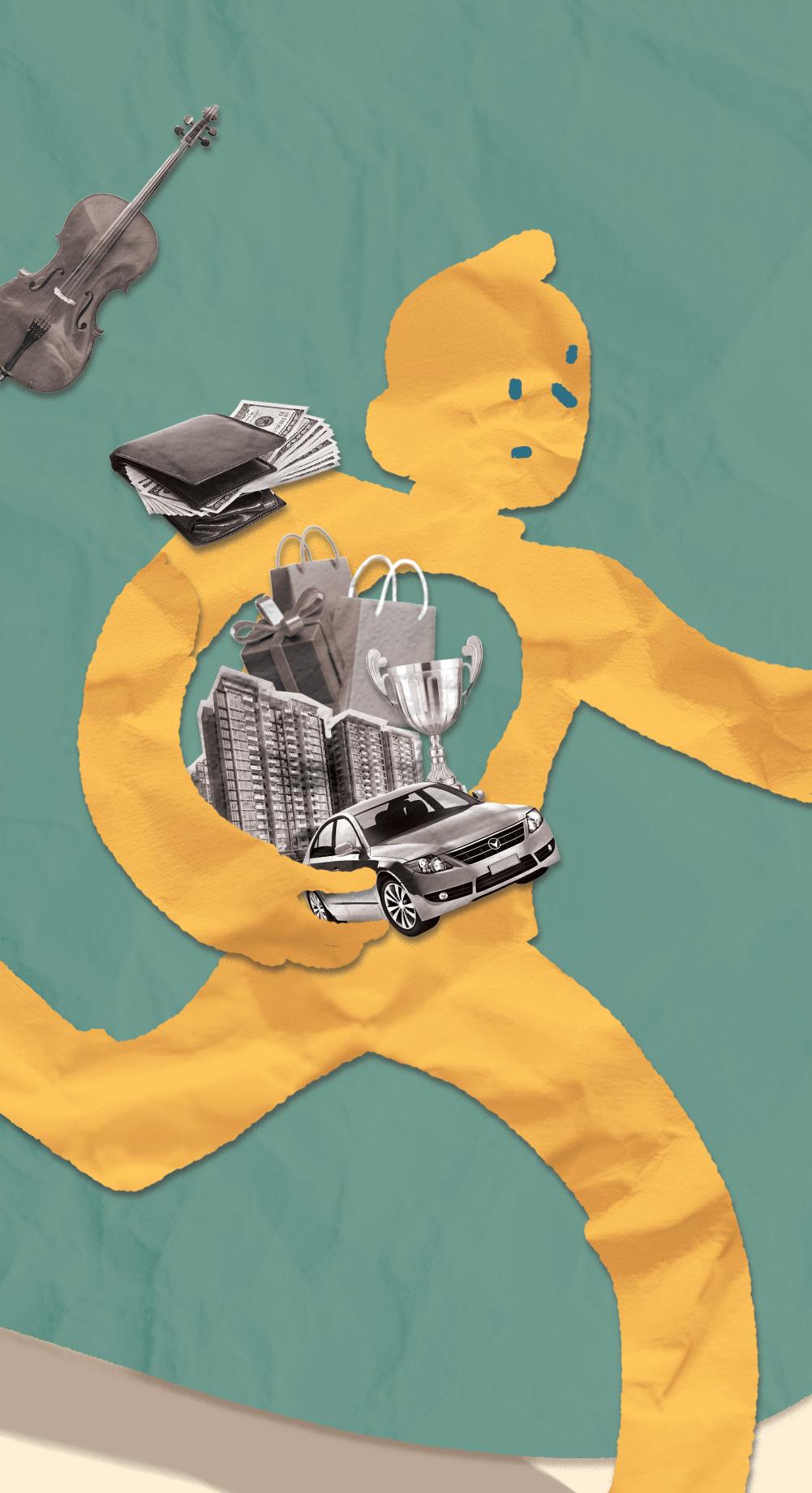
For many of us, happiness might come from having more of something that we value, or something better.

It could be a job that pays better, a partner who’s more loving, or a nicer home. Or, it could be knowing that we are becoming better at something (like singing or writing), or are getting fitter and more attractive to others.

There’s nothing wrong with all these, of course. But sometimes, it seems like they’re never enough. We might feel like we can’t rest until we possess enough of these sources of happiness.
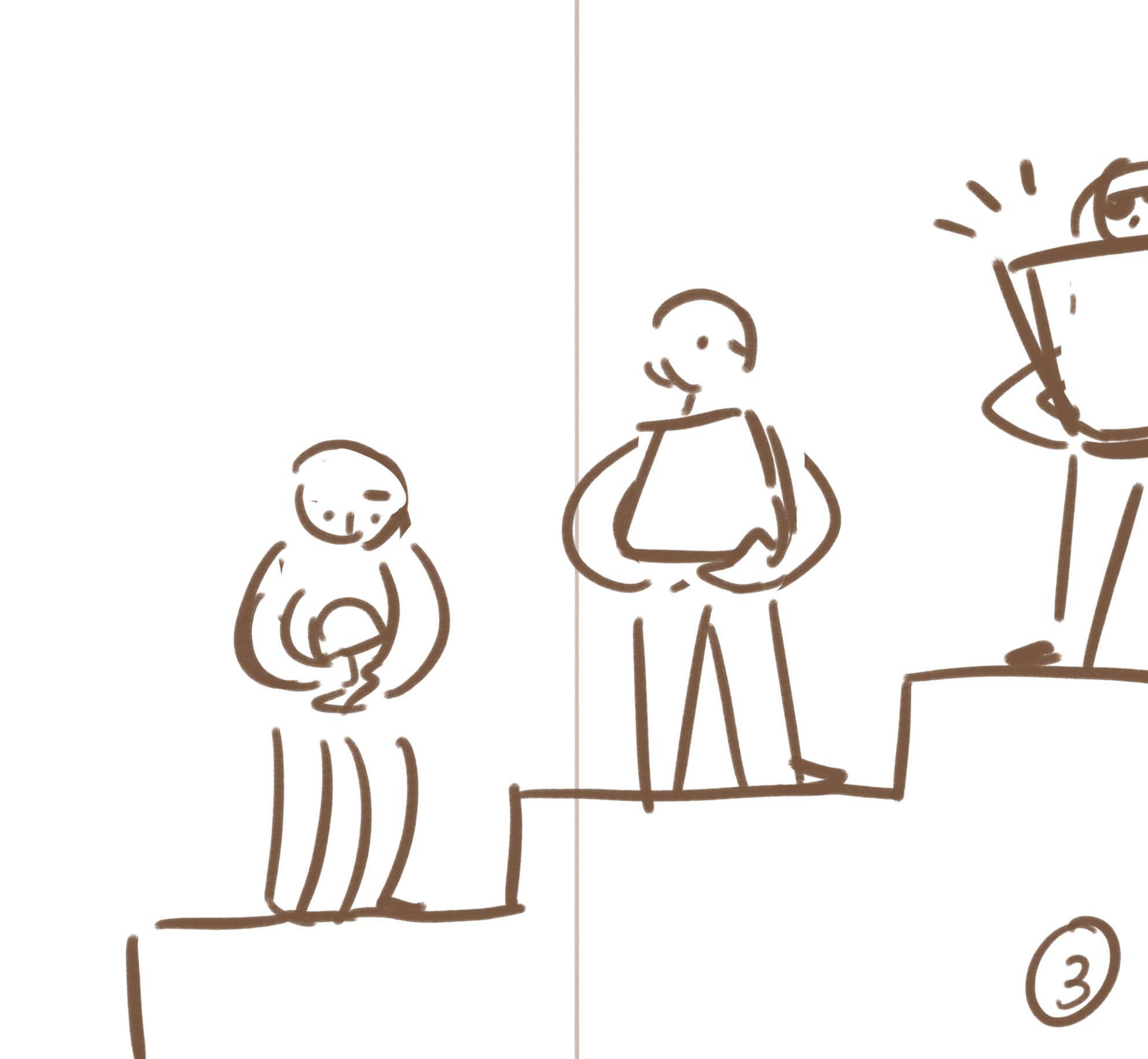


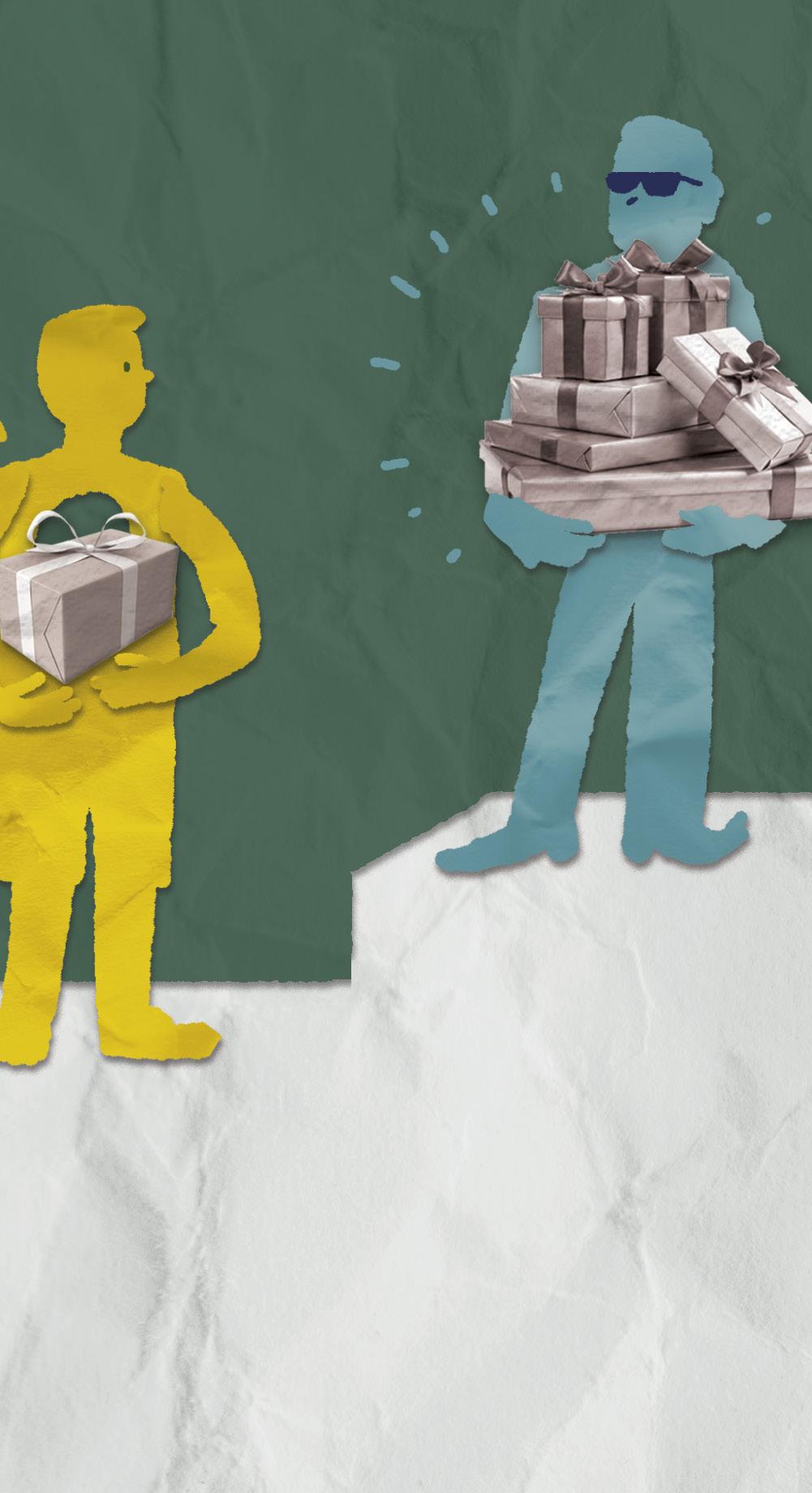
Or, we might find ourselves disappointed with what we have, especially when everyone else seems to have something better.
To be sure, it’s a lot easier to feel dissatisfied these days. Modern life is full of choices: with the growth of social media, advertising, and communication, we are constantly reminded that new and better things are always available.
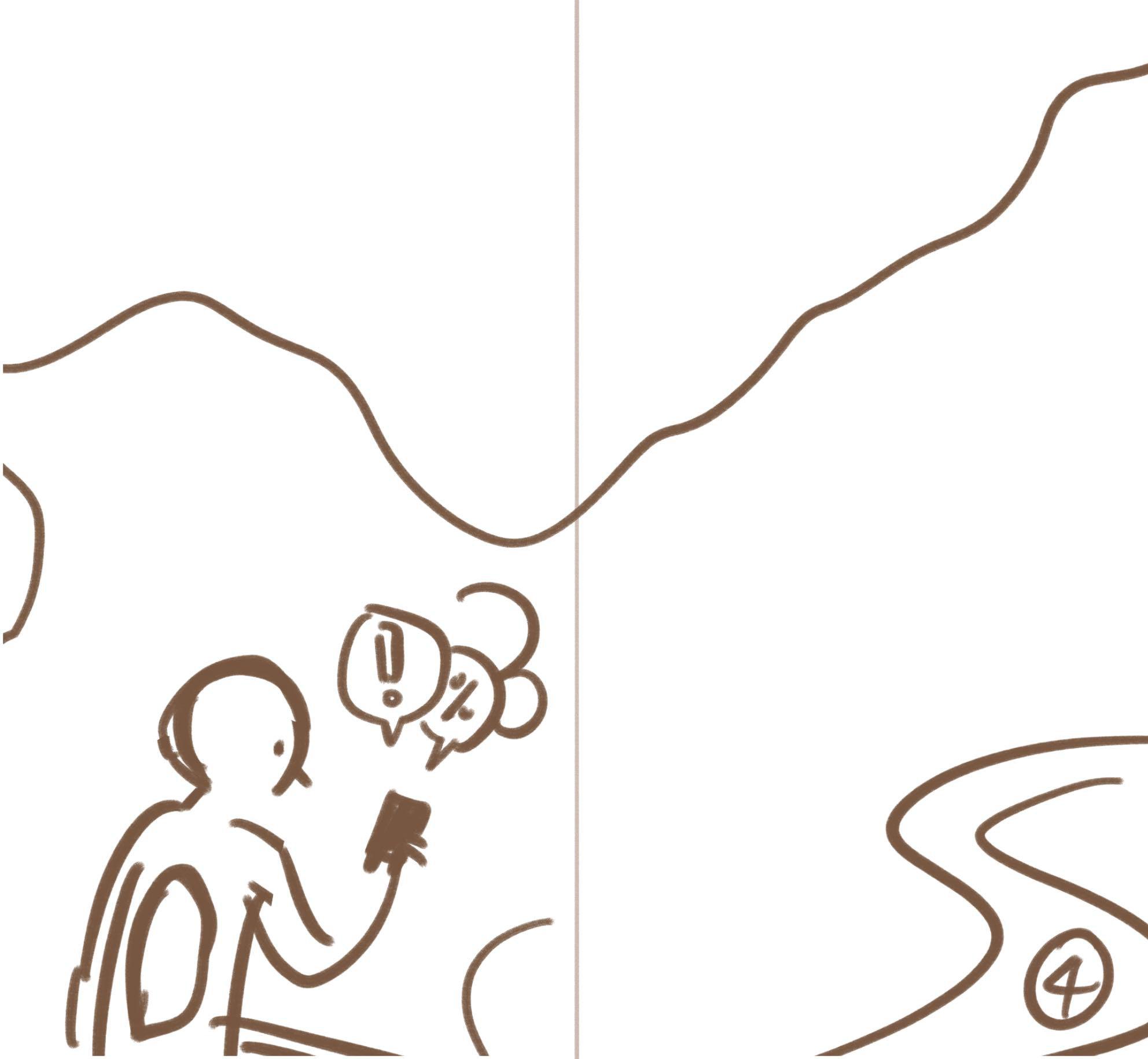
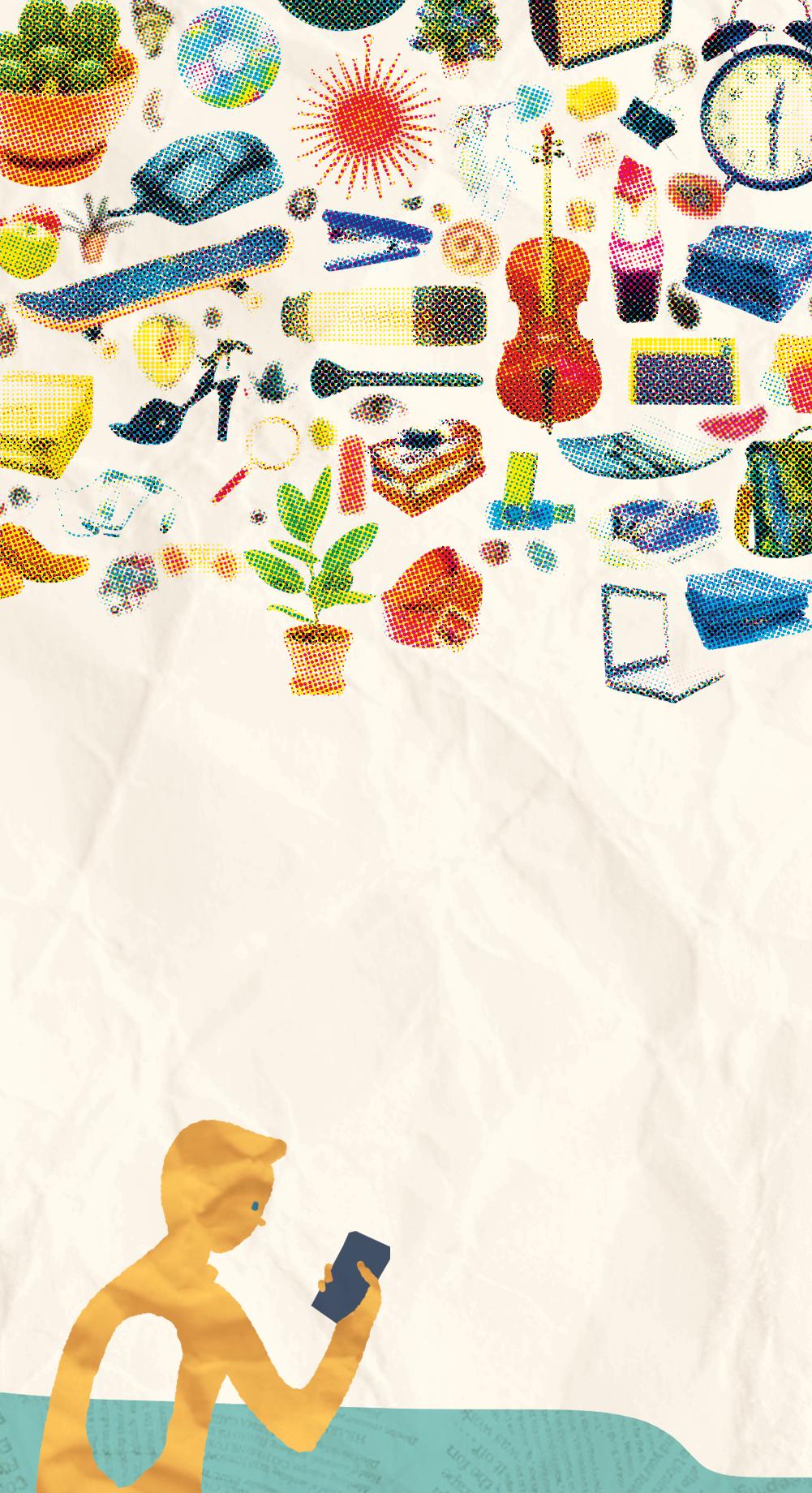

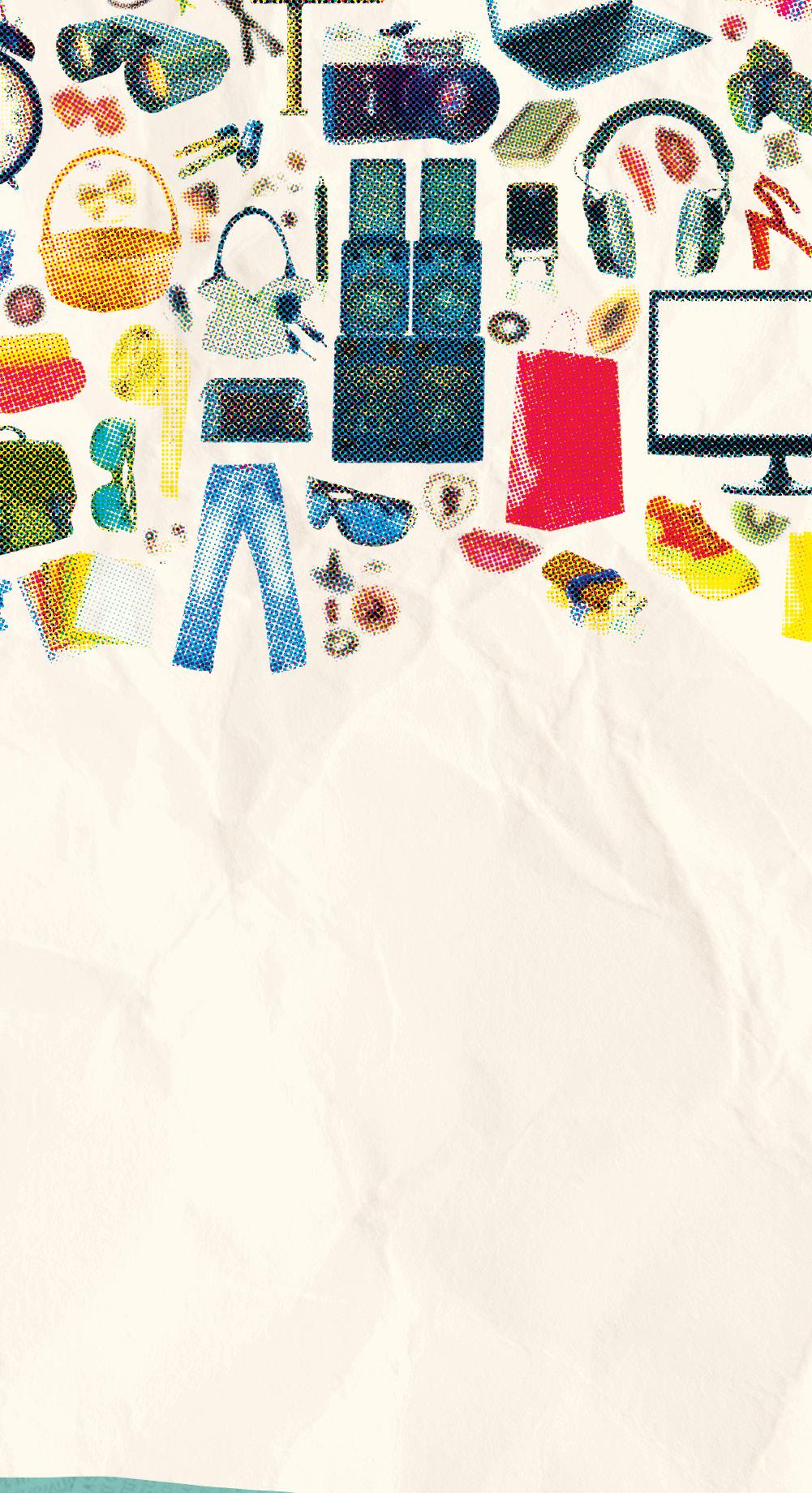
That has served to fuel our age-old desire for more. We’ve always craved that little something extra, because we’re convinced that having more— or a better version of what we already have—will ultimately bring us happiness.


Yet, it would seem that our latest acquisitions don’t make us happy for long. After a while, we find ourselves wanting a little more. You’ve probably experienced this for yourself. Or, you can see this in how even the biggest celebrities or the richest, most powerful people are always craving for more.

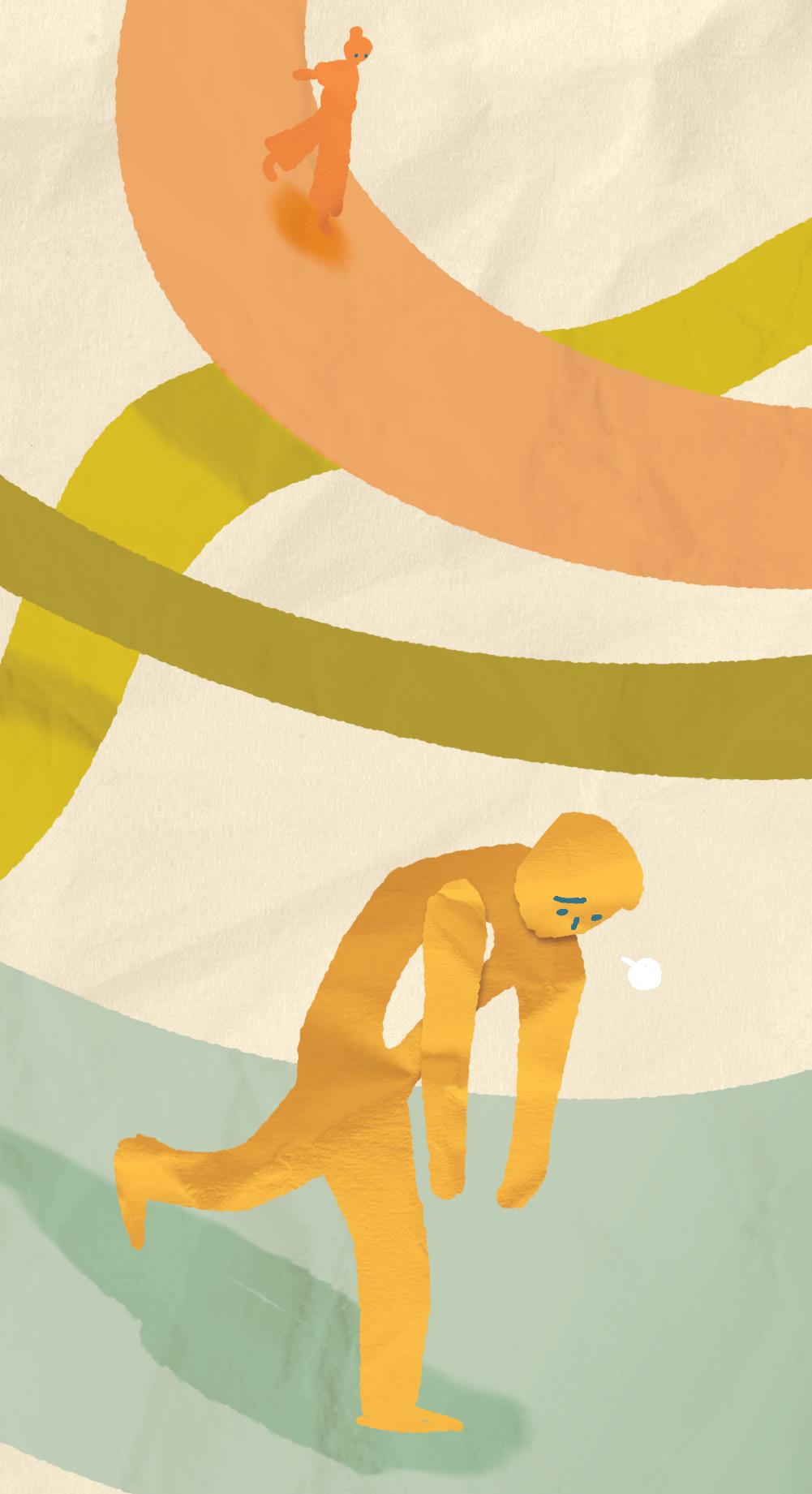
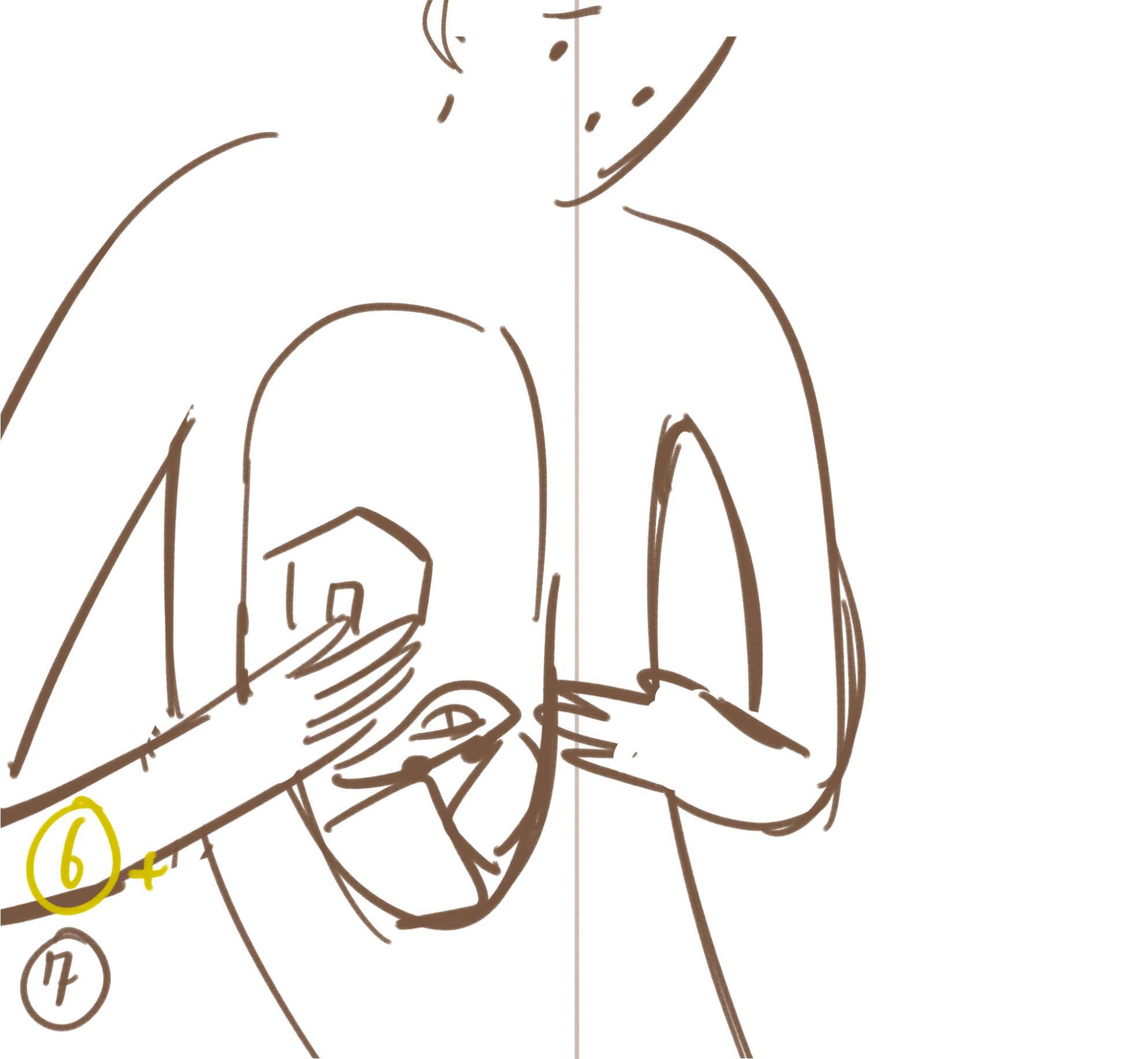

Is it impossible to have lasting contentment?
Is
that why we can never seem to find true and lasting happiness
?


An ancient historian called Luke once told of a respected teacher having a discussion with others about the value of possessions.
This teacher told a story about a rich farmer who was highly successful in his business.

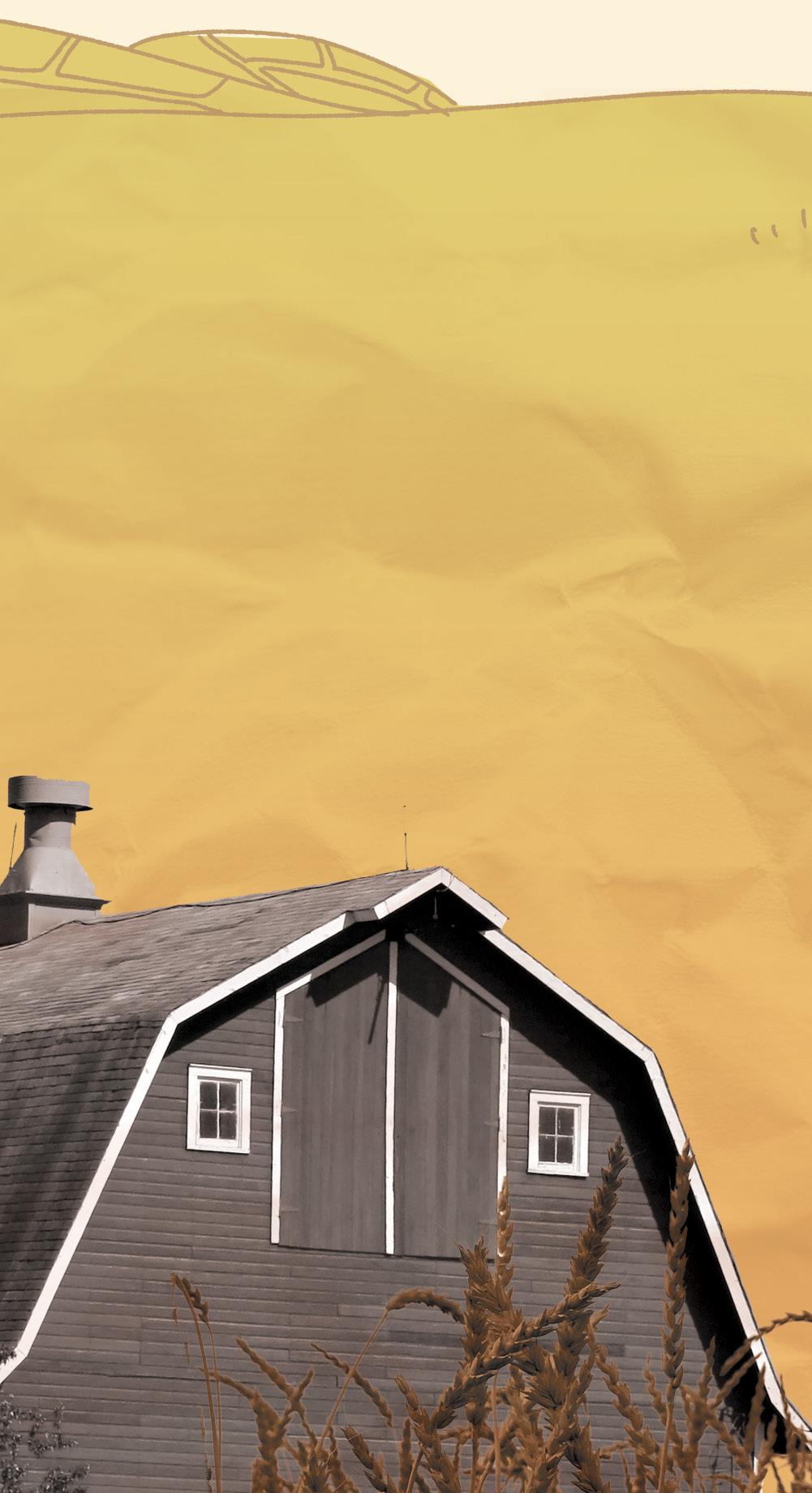
One year, he had a bumper harvest, so he made plans to build even bigger barns to store the crops.
Then, he said to himself, he could sit back and enjoy a life of leisure, and “eat, drink and be merry”. The rich man believed that his possessions and wealth would bring him contentment and make his life complete.

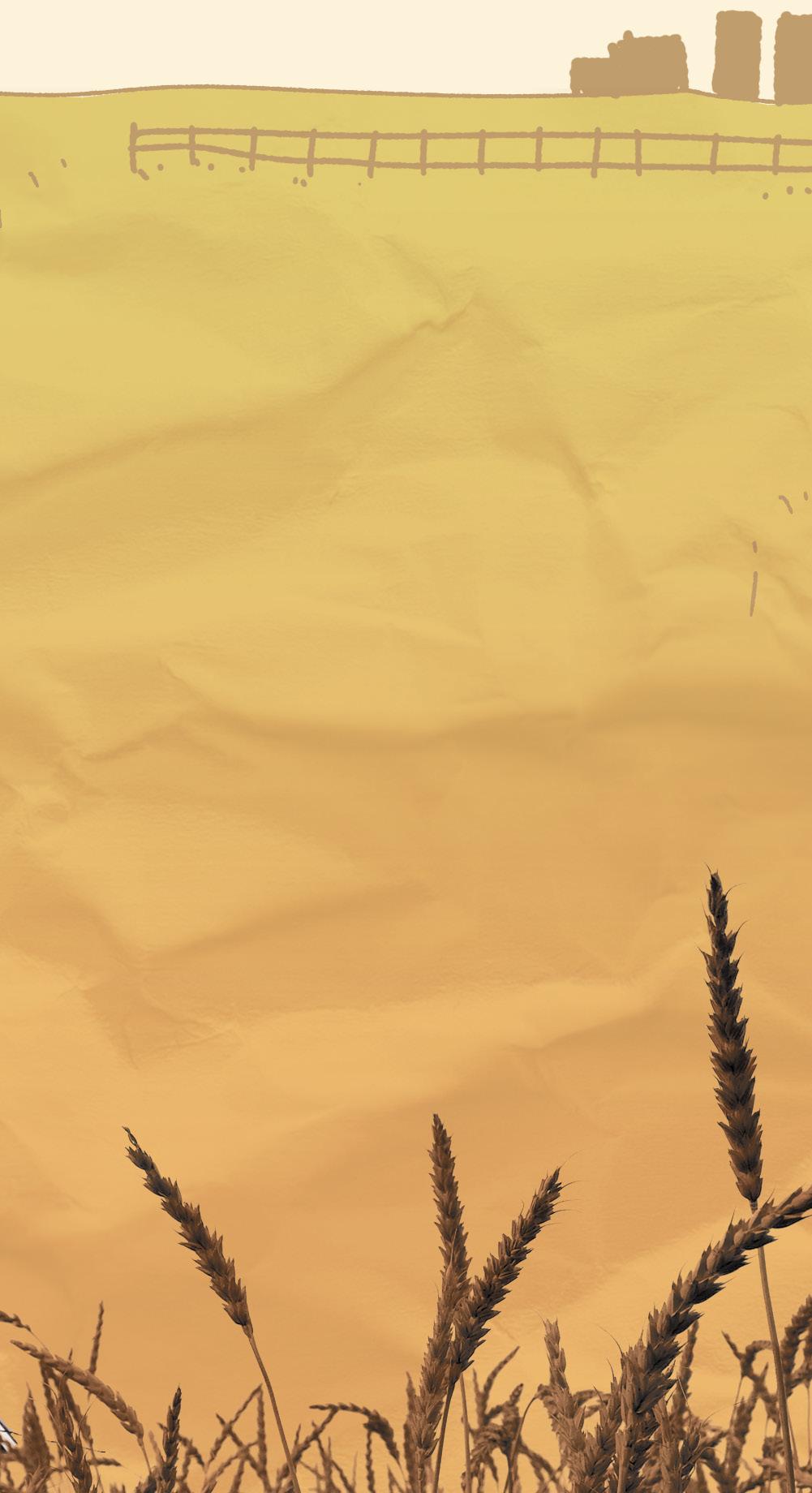
How wrong he was! For the teacher’s story ends with God rebuking the farmer: “You fool! This very night your life will be demanded from you. Then who will get what you have prepared for yourself?”
The man would die that night, and all his effort and possessions would count for nothing.

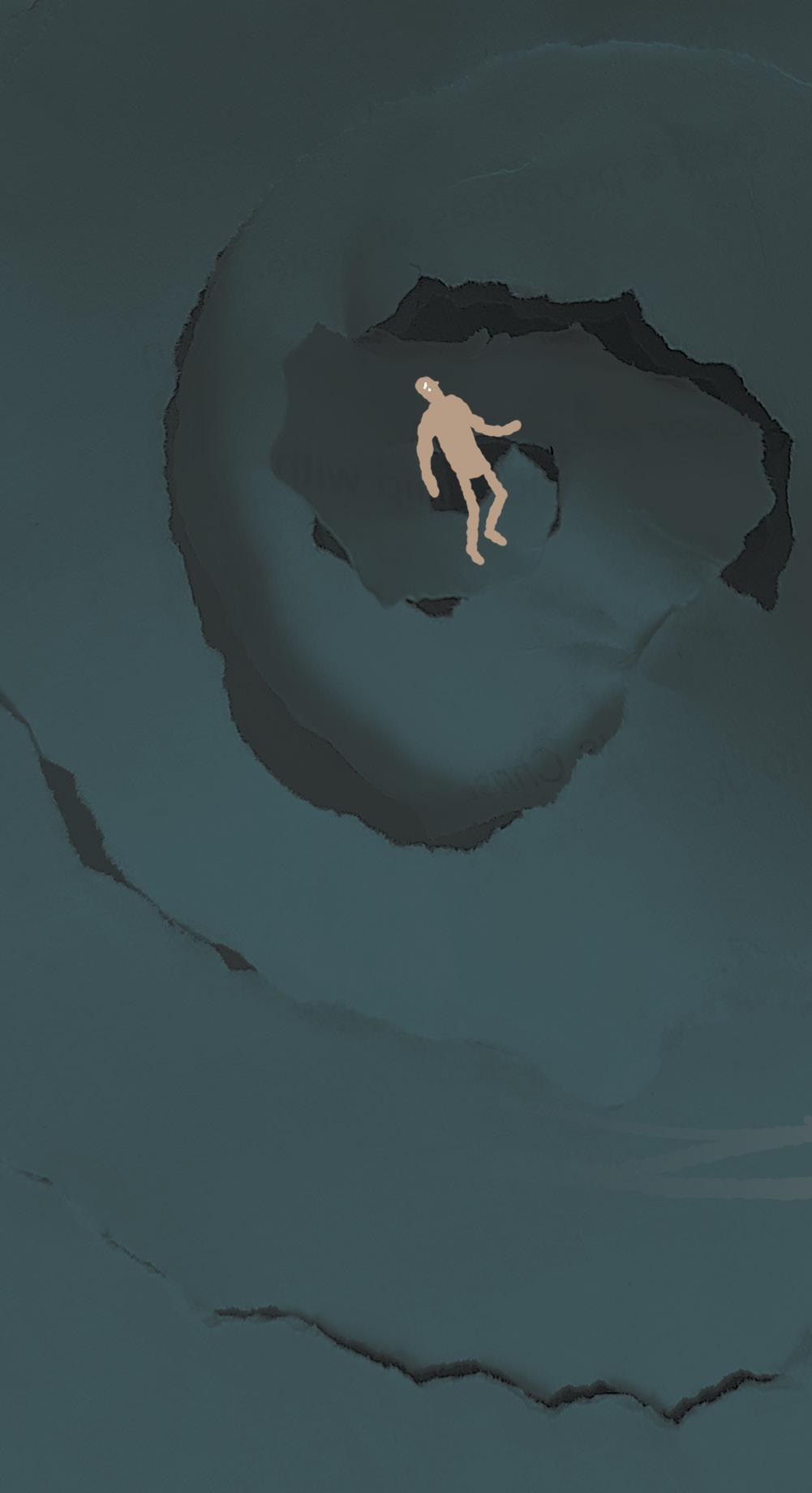
The teacher’s story demonstrates the fleeting, transient nature of life and possessions, and their inability to sustain us or make us truly happy. It’s futile to look for contentment in things that cannot satisfy us indefinitely, for what we want is not necessarily what we need.
The teacher hence summed up the lesson of his story by saying, “one’s
life does not revolve around tHe abundance of one’s possessions.”


If possessions aren’t able to give us true happiness, then what can?
The teacher in Luke’s story gave a simple answer:

a relationsHip witH our creator God.

According to the Bible, on which the Christian faith is based, this God created the entire world— from the big to the small, from the stars and the planets, to you and me. He crafted every last detail of the world, continues to sustain it today, and rules over all aspects of it—including life and death.
The only thing that can truly last forever, therefore, is our relationship with this God, who has power over life and death.
The teacher’s story shows that when our life on earth is over, all our possessions, status, and ambitions, no matter how great, will be worth nothing.
This teacher knew what he was talking about, because he was
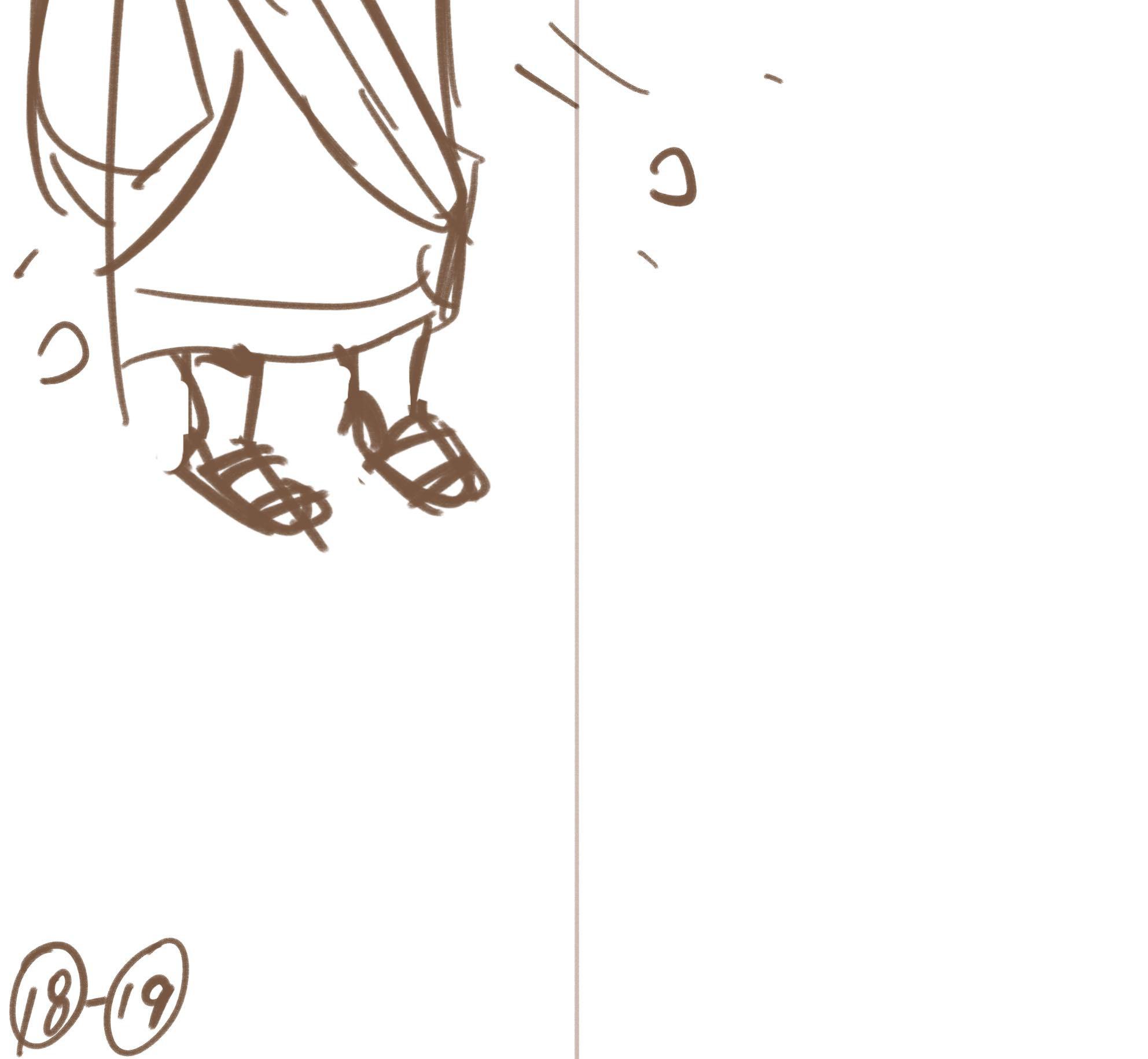

Jesus—he was God himself, who came to earth as a man to show us how we can relate to him. As such, he fully understood where true happiness comes from— from living a life with and for God, in the way he intended.
If we ignore God and make something else (like people or possessions) number one in our lives, we will never be truly satisfied. These may even be good things, but they’re not what life is really about. It’s only when we live in a way that prioritises our relationship with God, that we will find ultimate satisfaction and happiness.



naturally, tHis migHt seem a little hard to believe.

After all, many of us have been taught that we can create our own happiness, or find it if we search long and hard enough. Yet we know that happiness has proven to be elusive for many, if not most, of us.
Consider this, then: God, who created us, is waiting to welcome you with open arms. Just as a parent desires to be close to his or her child, God desires to have a relationship with you—a lasting relationship that will bring you true happiness.
In this relationship, you will find your true purpose and meaning in life, and discover something that is greater than all your possessions—




even greater than life itself.
for God alone gives meaning to life.
Instead of trusting in things that are temporary and fleeting, why not meet the One who can offer you true happiness and fulfilment that will last forever ?






© 2024 Our Daily Bread Ministries. All rights reserved.
Adapted with permission from What does it take to be happy? published by Our Daily Bread Ministries © 2017
Images used under licence from Shutterstock.com
All Scripture quotations, unless otherwise indicated, are taken from the Holy Bible, New International Version®, NIV®.
Copyright ©1973, 1978, 1984, 2011 by Biblica, Inc.® Used by permission of Zondervan. All rights reserved worldwide.
Many people, making even the smallest of donations, enable Our Daily Bread Ministries to reach others with the life-changing wisdom of the Bible. We are not funded or endowed by any group or denomination.